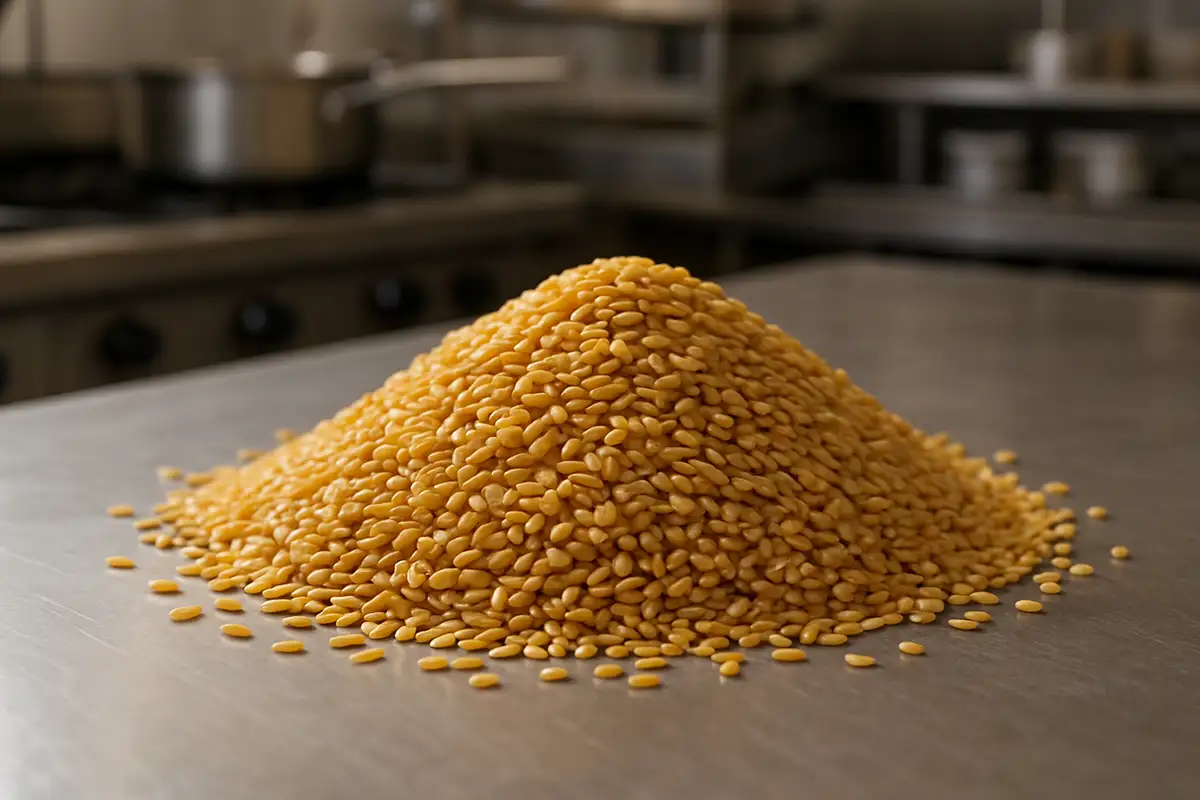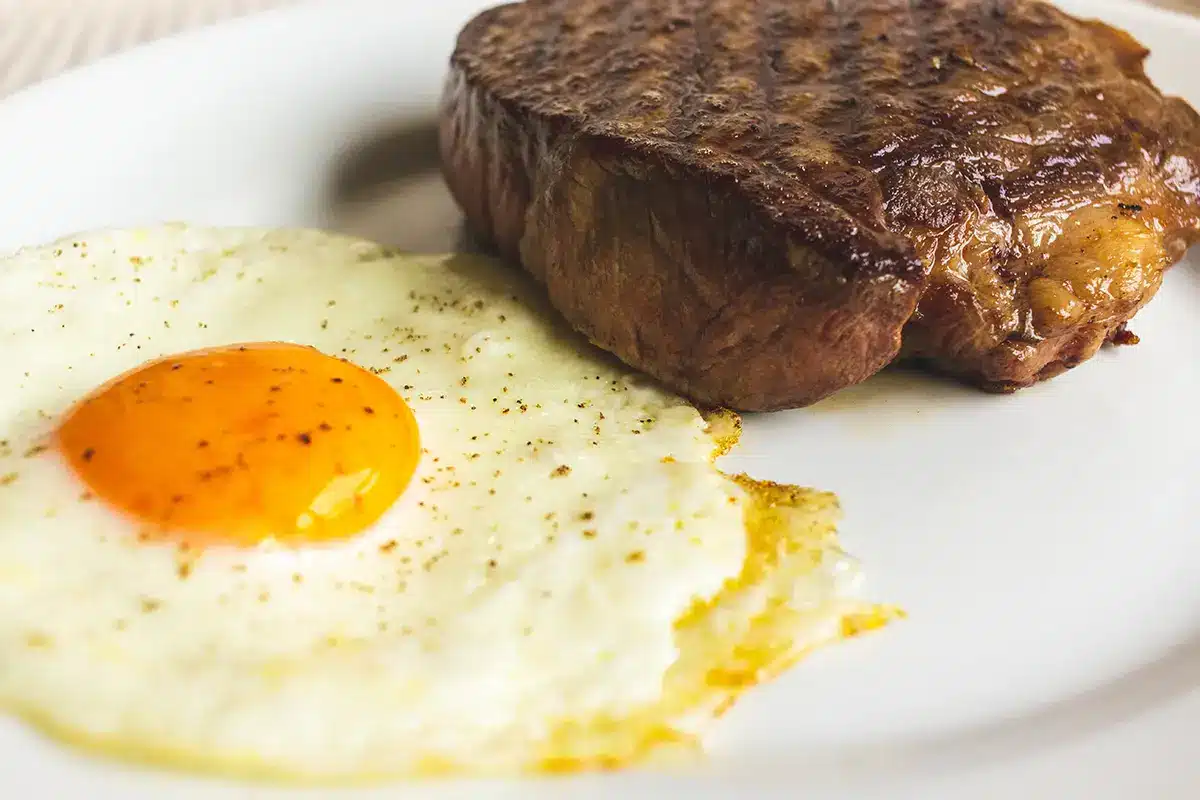Flax Seed and Cancer Relief
The fiber and lignan content of flax seed has intrigued scientists, nutritionists and physicians in regard to its possible preventative nature with certain cancers.
Flax Seed and Cancer Relief from Fiber
Development of cancer depends on many factors and the link between diet and cancer is well known. Eating a diet low in fat and high in grain products, fruits and vegetables that contain dietary fiber may reduce the risk of some cancers. Keeping a healthy balance of fiber from fruits and vegetables is enhanced when adding 45 grams of flaxseed into the daily diet.
Keeping the digestive tract active is helpful in regulating bowel movements and may help relieve constipation. Because flaxseed’s insoluble fiber content is able to hold water, this helps soften the stool and allows it to move through the colon quickly. When increasing daily fiber intake it is especially important to drink more water. These common-sense habits are essential and may guard against colon cancer.
Flax Seed and Cancer Relief from Lignans
The lignans in flaxseed may be protective against some cancers because of their antioxidant properties.
Lignans first entered the limelight about two decades ago, when researchers detected their presence in the urine, blood, bile and feces of humans. After some preliminary lab investigations, researchers proposed that these compounds may be natural anti-cancer agents in the diet.
Interestingly, they also discovered that not all lignans appear to have been created equal: although several thousand lignans have been identified in the plant kingdom, very few of them are positively correlated with “chemo- protection or chemo-prevention” against cancers. The lignans in flax, however, are among the happy groups that are! -Jane Reinhardt-Martin RD, LD
An excerpt from Jane Reinhardt-Martin’s book FLAX Your Way to Better Health:
Flax Seed and Cancer Relief for Breast, Prostate and Ovarian Cancers
The lignan content of flax seed is believed to be the defense mechanism against cancers that are primarily hormone-dependent. Lignans are a type of natural plant chemical (scientifically known as a phytochemical) contained within the cell matrix of the flaxseed.
Lignans are considered to act as plant hormones. Researchers believe these plant hormones mimic the body’s own estrogen type of cells and can block the formation of hormone-based tumors or growths. Unlike hormones produced in the body, these plant hormones do not stimulate cancerous cells to grow. In fact, lignans boost production of a substance that fastens onto human estrogen and carries it out of the body.
The role of lignans and their plant hormone properties became the subject of study at the Department of Clinical Chemistry, University of Helsinki. Flax seed has anywhere from 75-800 times more lignans than vegetables or other grain products.
A balance between the good fats, known as the unsaturated fats, is the goal for hormone-related possible cancer prevention. These unsaturated fats are also known as essential fatty acids or EFA’s and have two categories: omega-6 and omega-3 fatty acids. Omega-6 EFAs are introduced into our diets with vegetable oils and products made from these sources. Omega-3 fatty acids are found in plant based foods such as flax seed.
Essential fatty acid imbalance and deficiencies can change the balance of hormone production. Breast and prostate tissue are especially sensitive to these abnormalities. The most common finding with essential fatty acid imbalance is a diet lacking in omega-3 fatty acids. Studies have shown that a high blood level of omega-3 fatty acids combined with a low level of omega-6 fatty acids may reduce the risk of developing breast cancer. However, heredity and other factors contribute to a person’s risk in all types cancers as well.
Testimonial
Thanks to my sister, V.J. Sweet, we received the first flax seed ever for us. We were quite interested in what she said since there has been colon cancer in our family. The doctor told my cousin that colon cancer is from fesses staying and fermenting in the colon. Thanks to your flax seed information – none of us have that family problem anymore.
I called my relatives to give them the information but found that their doctor had already told them and they too were on the program. We are spreading the information at every chance. We love the taste and if by chance we forget it one day, we fill we lost a treat in flavor.
Thanks Again & Again, JoAnn
ORDER YOUR FLAX SEED TODAY
***REQUIRED FDA DISCLAIMER***
Statements regarding this dietary supplement have not been evaluated by the FDA. Content on this site is for reference purposes only. It is not intended to substitute for advice given by a physician, pharmacist, or healthcare professionals.




